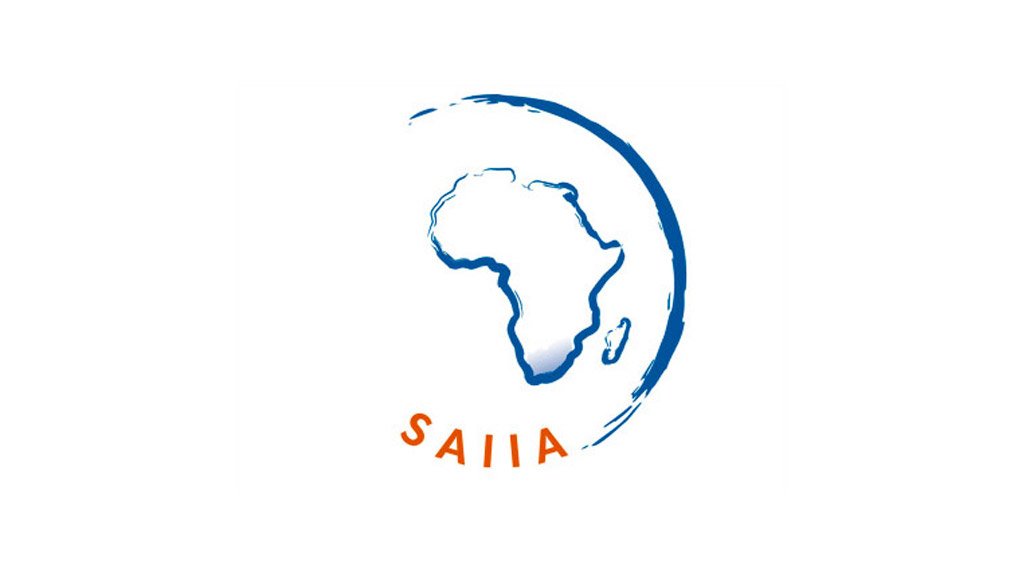Sustainable development summits and climate change negotiations have slowly but steadily paved the way to the recognition of the inextricable linkages between water, energy and climate change.
It is undeniable that water and energy resources share a strong interdependence. Equally, both are perceived as stressed, precious and with the potential to trigger conflicts. Beyond the generation of electricity via hydropower, energy needs water to cool power plants or to produce biofuel, whereas water needs energy to be treated and distributed.
Conversely, poor governance of one sector has knock-on effects for both water and energy security. For instance, a water-intensive industry like mining that often causes point pollution can affect rivers downstream and endanger the environment and human life more broadly.
Among African energy departments, water is an increasing concern on government agendas. In regions such as the Common Market for Eastern and Southern Africa (COMESA), the ability of water resources to respond to growing industrial development needs is increasingly questioned today. Despite the controversial history of large dams across Africa, harnessing this continent’s hydropower potential has been a key feature of recent intergovernmental initiatives, such as the Inga 3 or the Grand Ethiopian Renaissance Dam, as well as the African Union's flagship Programme for Infrastructure Development in Africa (PIDA).
Apart from large dams’ hydroelectricity, other options have emerged that link water and energy in a more sustainable way.
Innovations such as amplified hydropower generation technology - using a cascade principle in a watercourse to increase efficiency, as well as solar plants sustaining water desalinisation processes and activating water distribution pumps - illustrate how water and energy have learned to speak to each other. In addition, technologies gearing wave and tidal power towards electricity generation or ‘next generation’ hydropower production, such as hydraulic turbines floating in riverbeds, presented at the COP21 solutions exhibition at the Grand Palais, underscore how vital innovation is to respond to climate change challenges.
However, while our societies’ technical skills are expanding at a rapid pace, a gap remains between inventions stemming from public and private research labs and their industrial production to benefit our societies. Bringing scientific and industrial networks to collaborate is essential, and forums such as the Africa Techno organised in South Africa this year provide concrete platforms for innovative solutions to be turned into climate actions.
More importantly, a rising concern lies in the political and economic treatment of such innovations. Controversial repartition of governments’ incentives between traditional and renewable energy sources reinforces suspicion. One suggestion could be to better integrate the respective targets of water and energy sectors, as well as budget allocation regarding infrastructure building and maintenance. This would enable a concurrent increase in their sustainability, efficiency and equity for all.
Among stakeholders, increasing awareness of climate change challenges has resulted in a better resource allocation at all levels through careful planning, saving and recycling. Governance patterns have started to transform significantly to reflect systemic water and energy linkages. But these attempts to manage water and energy have been met with mixed success, partly because most institutions operate under a complex system of unclear mandates and obscure funding. In addition, they often struggle to build up institutional and legislative capacity gaps. This does not necessarily imply that today’s shaping of resource management is doomed. However, there is a clear need to improve - if not to reconstruct - perception, use and management patterns of resources.
Our increasingly complex resource governance architecture, with a strong security focus, is not able to allow technology and innovation to come to the rescue yet. Turning innovations to future benefit for all requires the encouragement of nteractive work between engineers, researchers, policymakers, industry and civil society groups.
International gatherings bringing diverse stakeholders together are thus essential. The objectives of COP21 include not only the provision of up-to-date scientific and technical information to world leaders, but also the opportunity to innovate enabling mechanisms to tackle the impacts of climate change on present and future resources.
Written by Dr Agathe Maupin, Senior Researcher at SAIIA
EMAIL THIS ARTICLE SAVE THIS ARTICLE FEEDBACK
To subscribe email subscriptions@creamermedia.co.za or click here
To advertise email advertising@creamermedia.co.za or click here











